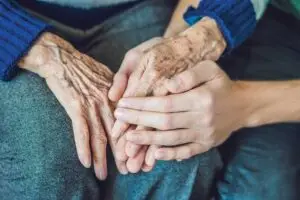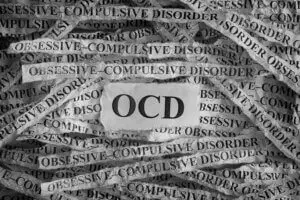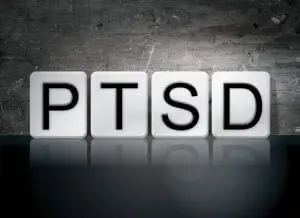Healing Through Heartache: Grieving the Loss of a Loved One
July 26, 2024

Knowing something about grief and what to possibly expect during seasons of grief can help when we suddenly find ourselves in such times. Grief can impact us emotionally, cognitively, physically, relationally, and spiritually. Grieving the loss of a loved one is a heavy burden to bear. While nothing can truly prepare you for such a loss, developing awareness and implementing the helpful suggestions in this article can have positive benefits.
Grief’s Impact Emotionally
No two people grieve alike. Broader differences exist as well. In fact, men and women often grieve differently. One person may grieve outwardly and intensely, while another may grieve silently. Outward expression does not always indicate a person’s inner experience.
Many also experience “anticipatory grief,” which is when a person begins grieving prior to a loved one’s death. It happens frequently when a loved one has a terminal diagnosis. For some, this anticipatory grief lightens the grief experienced when their loved one dies. Others describe the moment their loved one takes his or her last breath as intense.
For some, grief starts the moment they learn of a loved one’s death. An emotional roller coaster begins. Many people describe feeling numb initially. As reality sets in, the two primary emotions experienced are sadness and anger. Other emotions include guilt, fear, loneliness, confusion, anxiety, panic, and depression. These emotions can be intense and disturbing. The emotions can come and go, and a person can circle back through these feelings for an extended period of time. They also can come quickly and unexpectedly, catching a person off guard.
Grief’s Impact Cognitively
A person’s cognitive ability is impacted by grief. People often describe not thinking clearly or not recalling memories and facts as quickly as they did before. Some describe feeling as though their mind is spinning or racing. Some feel as though they are in a fog. The brain is trying to make sense of what has happened.
Typical cognitive behavior returns as a person goes through a healthy grief process. Sometimes people try to avoid the awful feelings of grief and do not allow themselves to cry or talk about what they are experiencing. But talking about loss and expressing emotions helps the brain process grief. If needed, a professional counselor can help you process your grief in a healthy way, giving you the guidance to accept your loss and move into your new life without forgetting your treasured past.
Grief’s Impact Physically
Loss can have a significant impact on a person physically; it is draining. Sleep patterns are often affected. People also describe feeling fatigue and exhaustion. Grief can show up in headaches, stomach problems, chest pain, dizziness, muscle aches, loss of appetite, and weight loss. Prolonged periods of stress can compromise the immune system, resulting in more frequent illnesses. Physical exercise, keeping to a routine, doing something you enjoy, and taking naps can be helpful.
Grief’s Impact Relationally
Early after loss, people are often surrounded by caring loved ones who offer help in many ways. Though they are grateful for the support, many people struggle when the support slows or stops as loved ones return to their everyday lives.
Grief is a long process. It can be helpful to remember the one-year anniversary of loss often includes a spike in emotional intensity. This may be experienced in varying degrees on every anniversary, along with other significant dates like birthdays, wedding anniversaries, and holidays. These days can be exceedingly lonely. The grieving person realizes anew that his or her world is different now.
Finding supportive people who are willing to walk alongside you for the long haul is important. Limit exposure to those who are not supportive, ask for and accept help, and find someone to serve who needs your help.
Grief’s Impact Spiritually
Grief can have a significant impact on a person’s spiritual life. Satan will use this opportunity to attack a person at his or her most vulnerable and try to undermine his or her faith and trust in God.
Asking questions and wanting to find a reason why bad things happen is part of human nature. While trying to make sense of the loss, the grieving person can allow these questions to help him or her grow deeper in his or her faith relationship with God during this time. Ask God, “What now? How do I live the rest of my life without my loved one, while holding onto their memory and trusting You to be with me?”
Dr. Kathy Eichelberger is the director of Granberry Counseling Centers.
Disclaimer: The information shared in this article is not meant to diagnose or treat a mental health condition. We encourage you to follow up with your health-care provider and seek a mental health professional for individual consultation and care.























